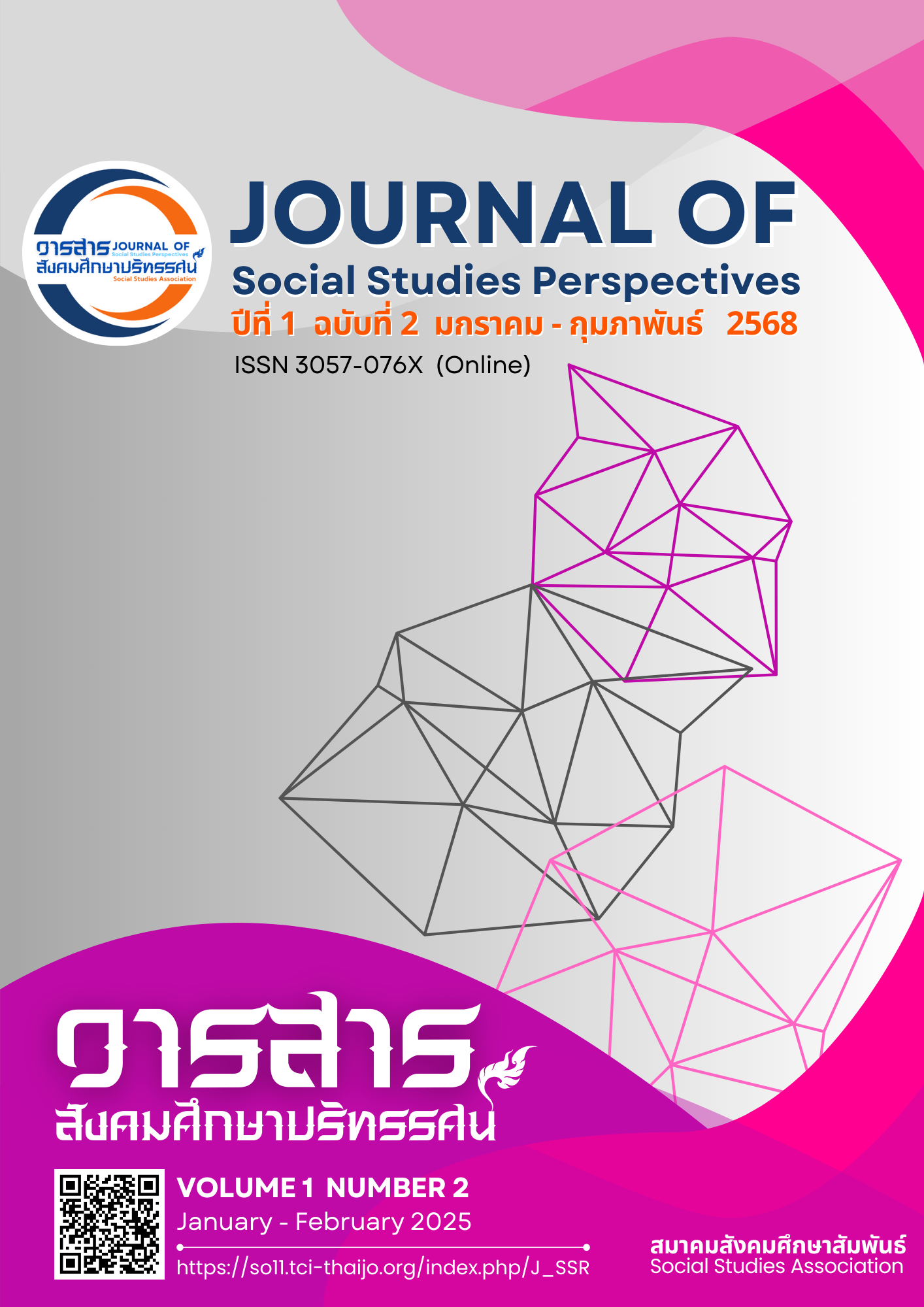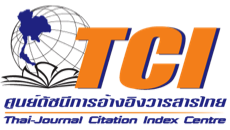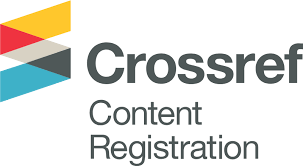DEVELOPING SOCIAL-EMOTIONAL LEARNING SKILLS IN STUDENTS
DOI:
https://doi.org/10.64186/jsp1257Keywords:
Skills development, Social skills, Emotional skillsAbstract
Social-Emotional Learning (SEL) is a critical component that enhances student learning in the 21st century. The rapid changes in the modern world demand that students acquire these skills to navigate various challenges effectively.This academic article aims to present strategies for developing SEL within the context of Thai education, focusing on 1) the fundamental concepts and significance of SEL, 2) SEL components as outlined in theoretical frameworks, 3) practical applications of SEL in Thailand, 4) international case studies, and 5) strategies for advancing SEL among Thai students. The content analyzes theoretical and practical perspectives, offering recommendations for applying SEL in teaching, curriculum development, and school management. In the Thai context, SEL development is still in its early stages and faces challenges in terms of teachers' understanding, resource support, and cultural limitations. Appropriate development approaches should emphasize curriculum integration, teacher development, community collaboration, policy support, and technology utilization. The assessment should be flexible and diverse to ensure efficient and sustainable development of students' social and emotional skills.
References
Brackett, M. A., et al. (2019). The impact of RULER on students' academic and social-emotional outcomes. Journal of Educational Psychology, 111(5), 731-746.
CASEL. (2023). Framework for Systemic SEL. Collaborative for Academic, Social, and Emotional Learning.
Durlak, J. A., Weissberg, R. P., Dymnicki, A. B., Taylor, R. D., & Schellinger, K. B. (2011). The impact of enhancing students' social and emotional learning: A meta-analysis of school-based universal interventions. Child Development, 82(1), 405-432.
Ministry of Education. (2022). National Education Strategic Plan. Bangkok: The National Press.
OECD. (2021). Future of Education and Skills 2030. Organisation for Economic Co-operation and Development.
Salmivalli, C., et al. (2016). The effectiveness of the KiVa program in reducing bullying and victimization. Journal of Consulting and Clinical Psychology, 84(4), 356-365.
Taylor, R. D., et al. (2017). Promoting positive youth development through SEL. Child Development, 88(4), 1156-1171.
UNICEF Thailand. (2020). Thailand Education Report 2020. United Nations Children's Fund.
World Bank. (2022). Advancing Social-Emotional Learning in Education Systems. Washington, D.C.
World Bank. (2022). The Role of SEL in Improving Student Outcomes. The World Bank.
World Bank. (2022). Transforming Education through SEL: A Global Perspective.
Downloads
Published
How to Cite
Issue
Section
Categories
License
Copyright (c) 2025 Journal of social studies perspectives

This work is licensed under a Creative Commons Attribution-NonCommercial-NoDerivatives 4.0 International License.
The article is published under the Creative Commons Attribution-NonCommercial-NoDerivatives 4.0 International (CC BY-NC-ND 4.0) license, which allows others to share the article while giving appropriate credit to the author. It prohibits the use of the article for commercial purposes or the creation of derivative works. Any other reuse or reproduction requires permission from the journal.










